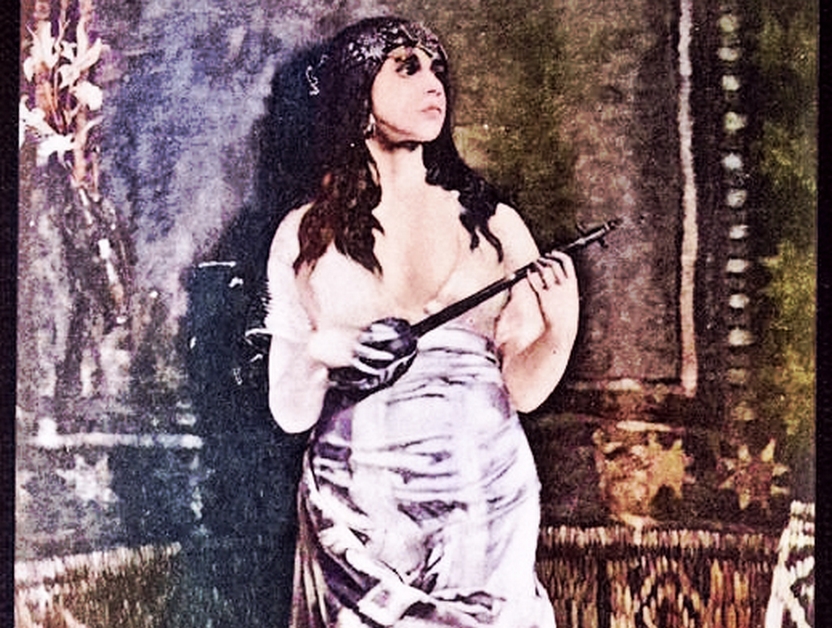תנאי השימוש:
This item is subject to copyright law and/or the terms of an agreement. All of the following are prohibited unless written permission from the copyright owner and the owner of the collection is obtained: Reproduction, publication, distribution, public performance, broadcasting, dissemination via the Internet or by any other means, and creating a derivative work of the item (for example, translation, modification or adaptation) in any form or by any means, whether digital or physical.
Notwithstanding the above, the user is entitled to make any permitted uses as defined in the Israeli Copyright Law (5768-2007), such as “fair use”. In any case, the name(s) of the creator(s) must be specified when making use of their work. It is forbidden to harm the author’s dignity or reputation by means of altering the item or damaging the item.
Use of the item is also subject to the terms of use of the Piyut and Prayer website.
If you believe that there is an error in the information above, or in case of any concern of copyright infringement in connection with this item, please contact us by e-mail: [email protected]

 Sign in with Google
Sign in with Google
 Sign in with Facebook
Sign in with Facebook



